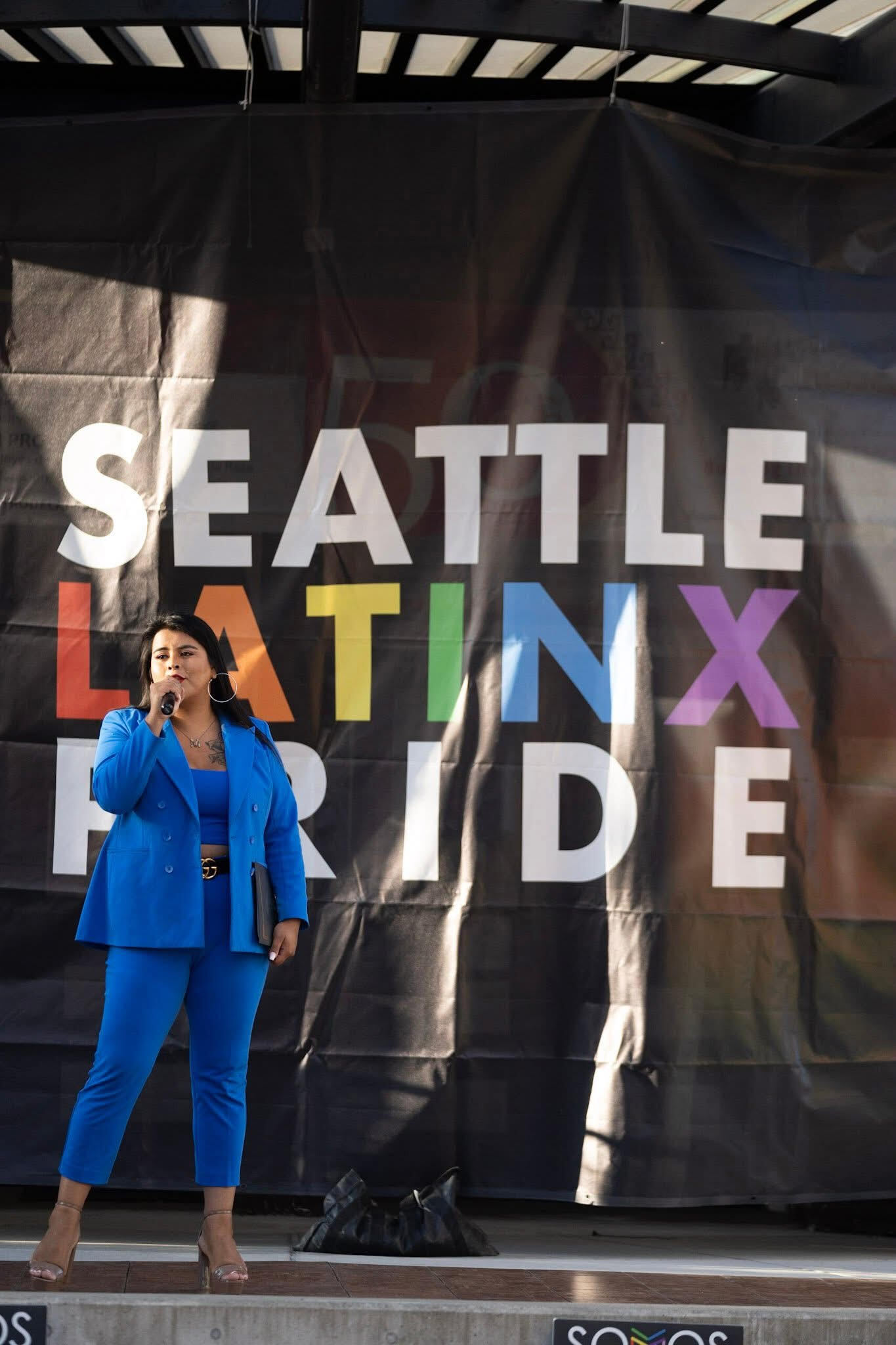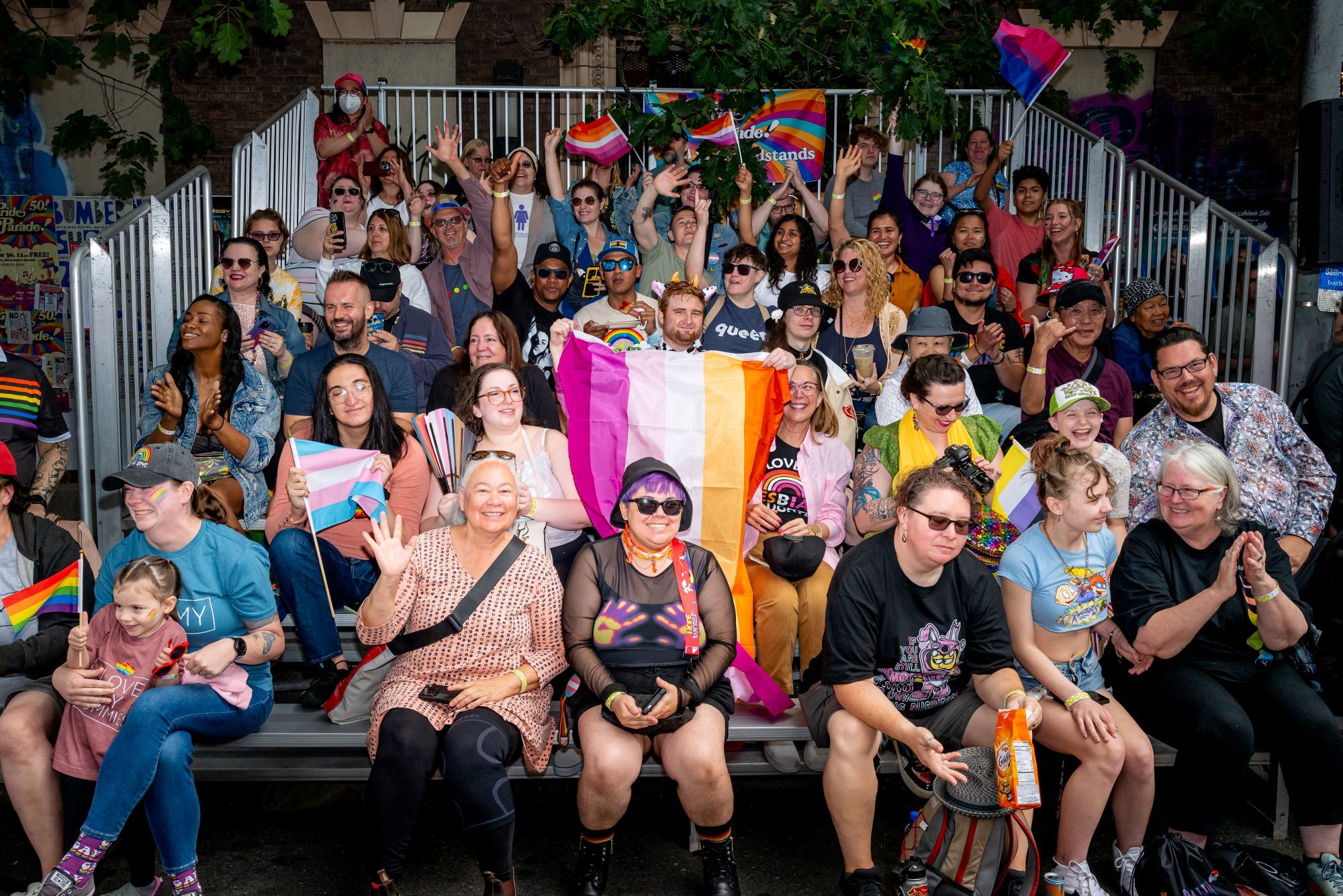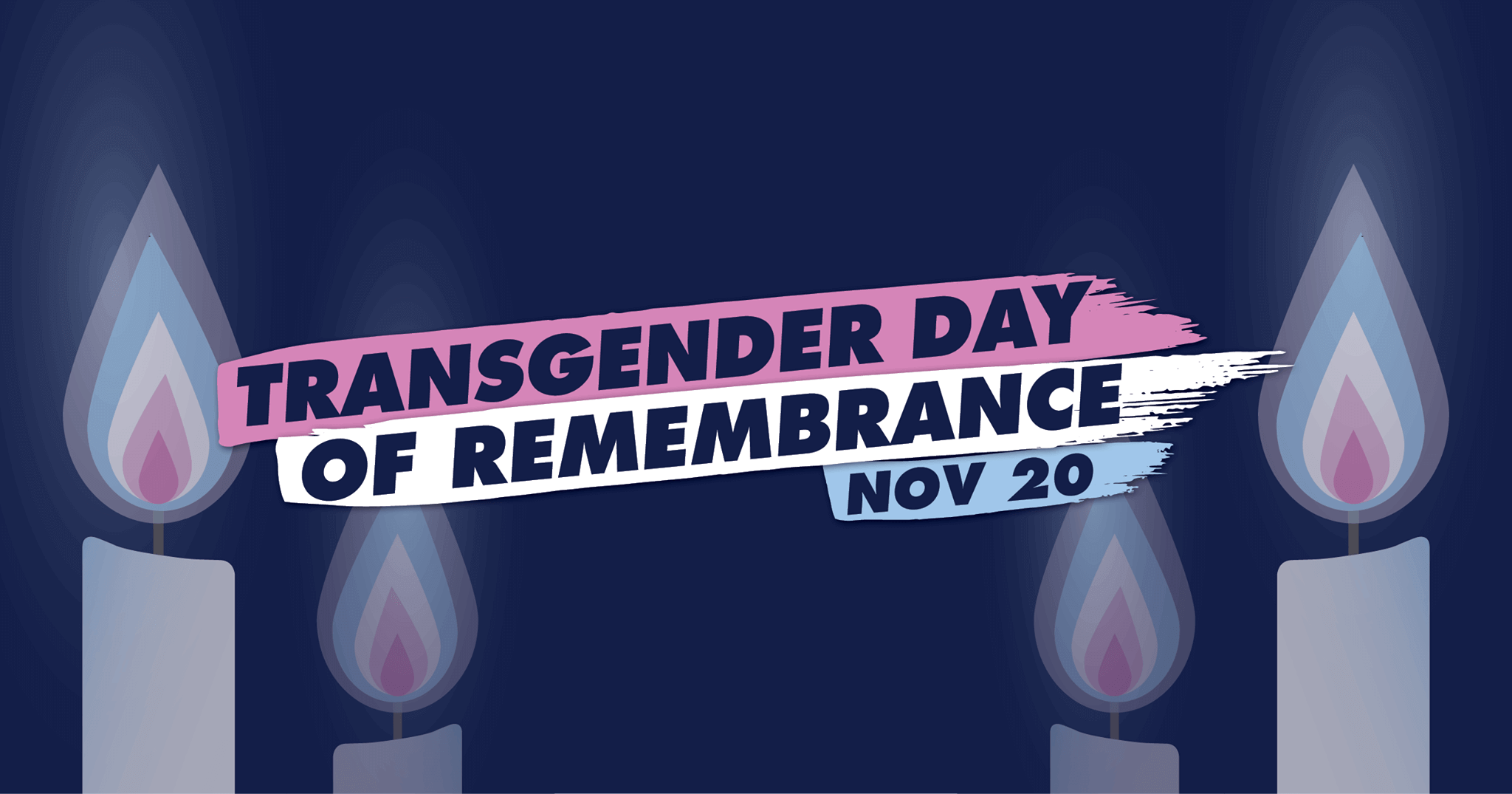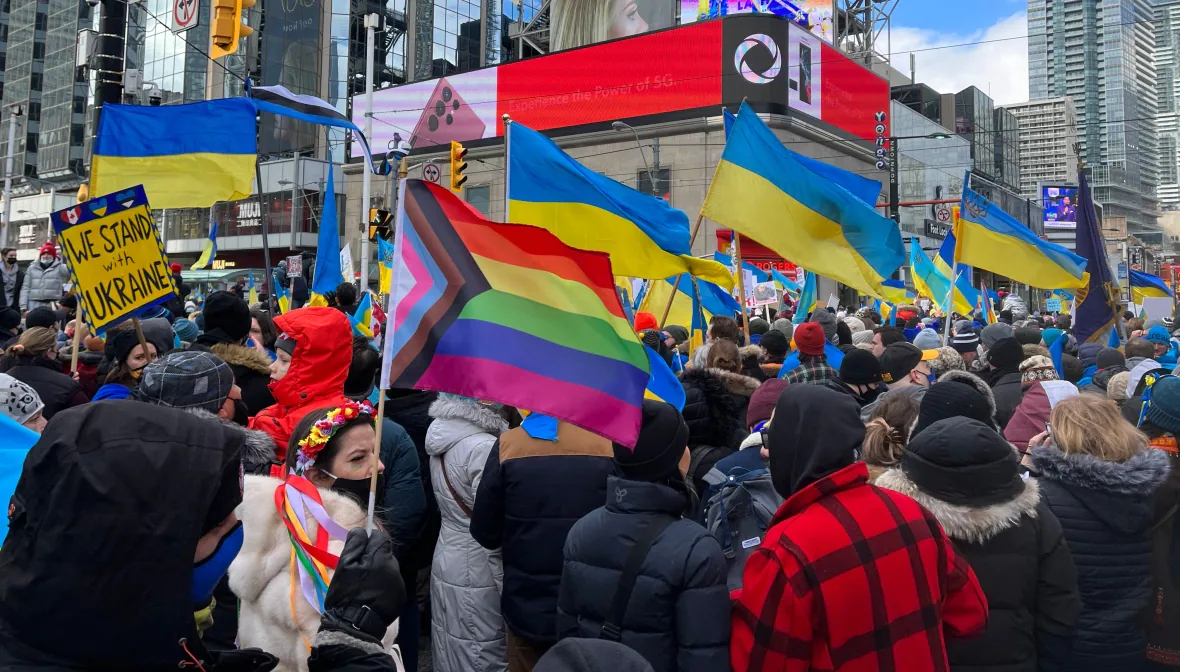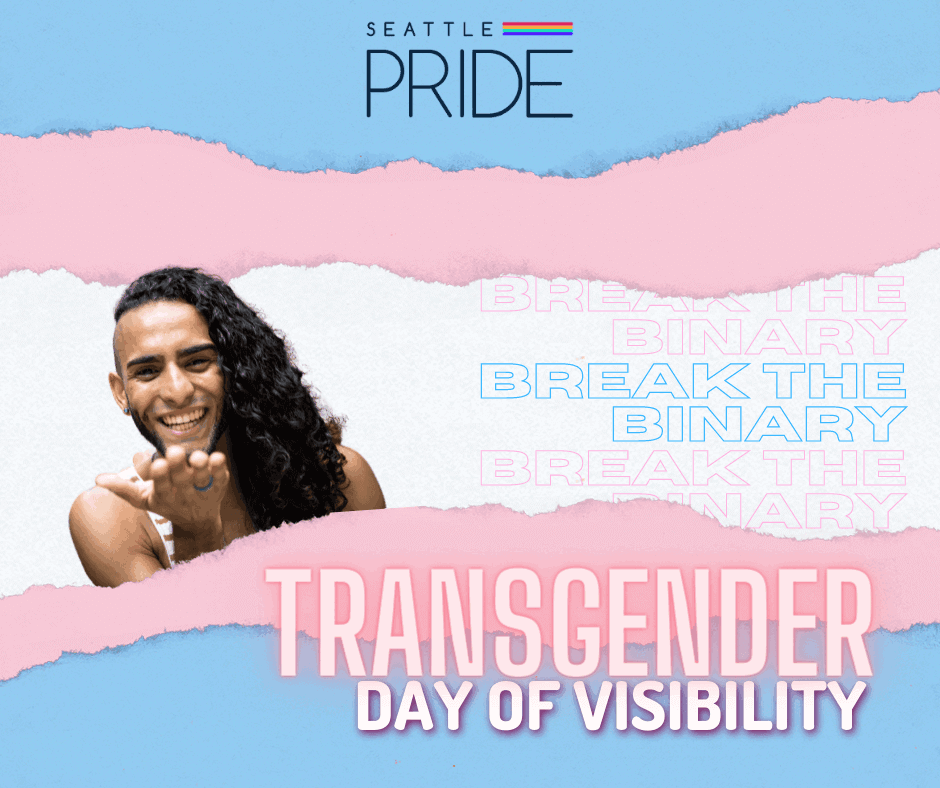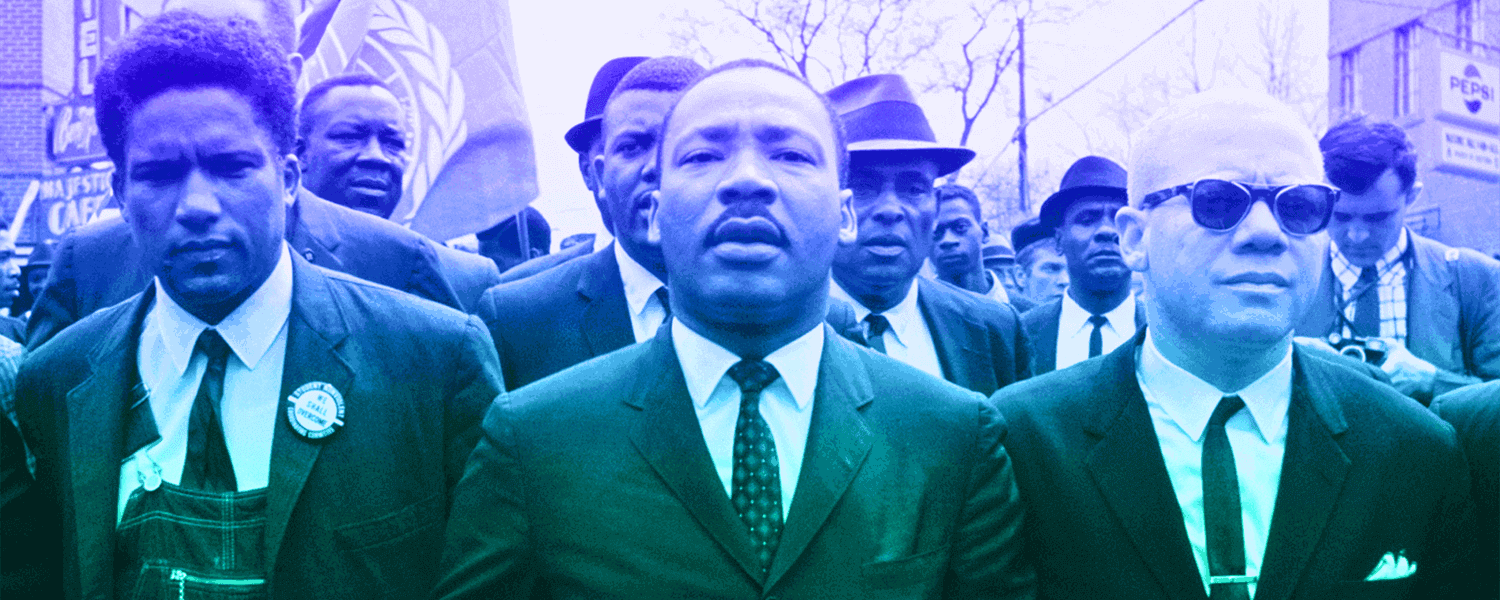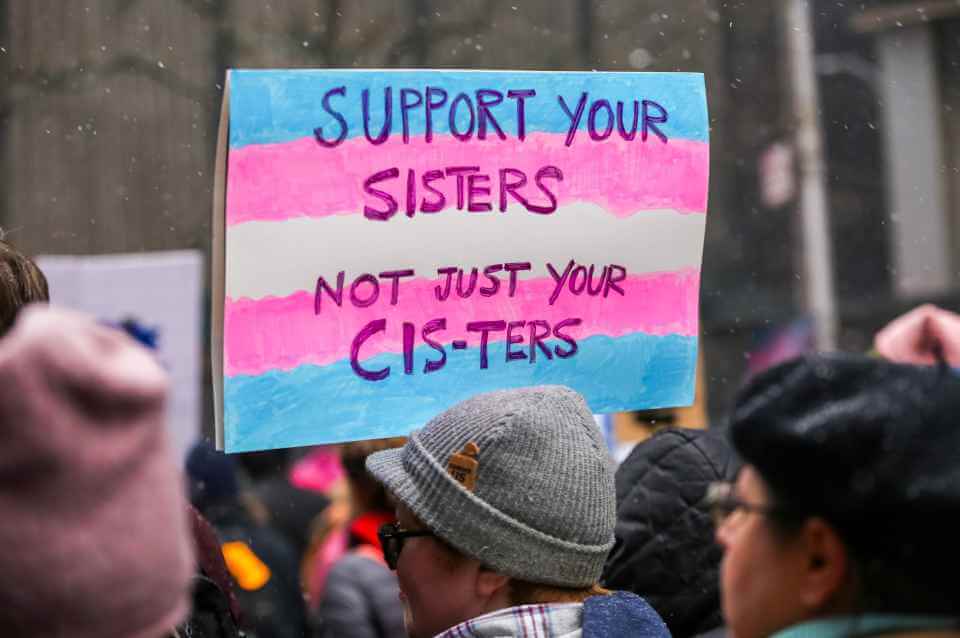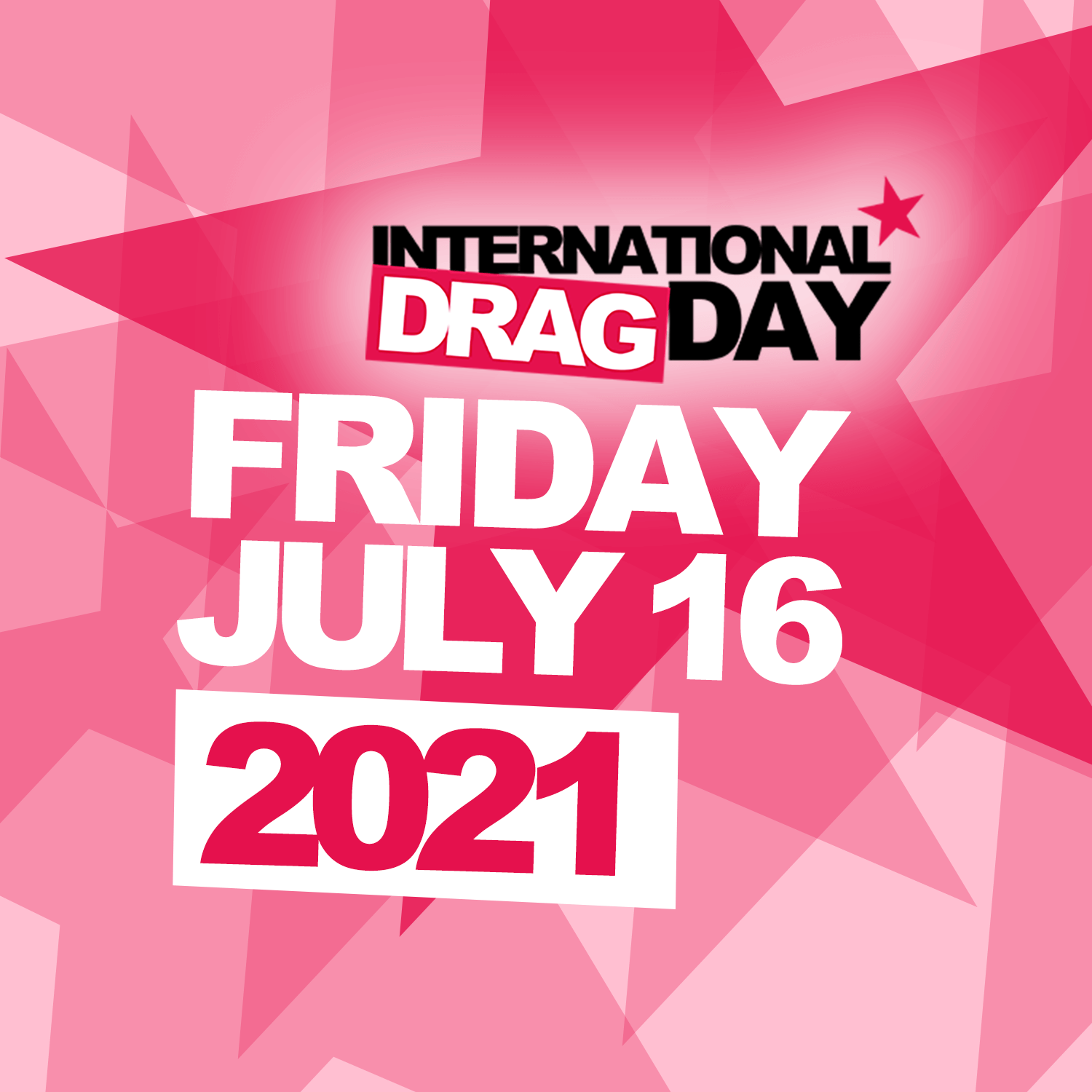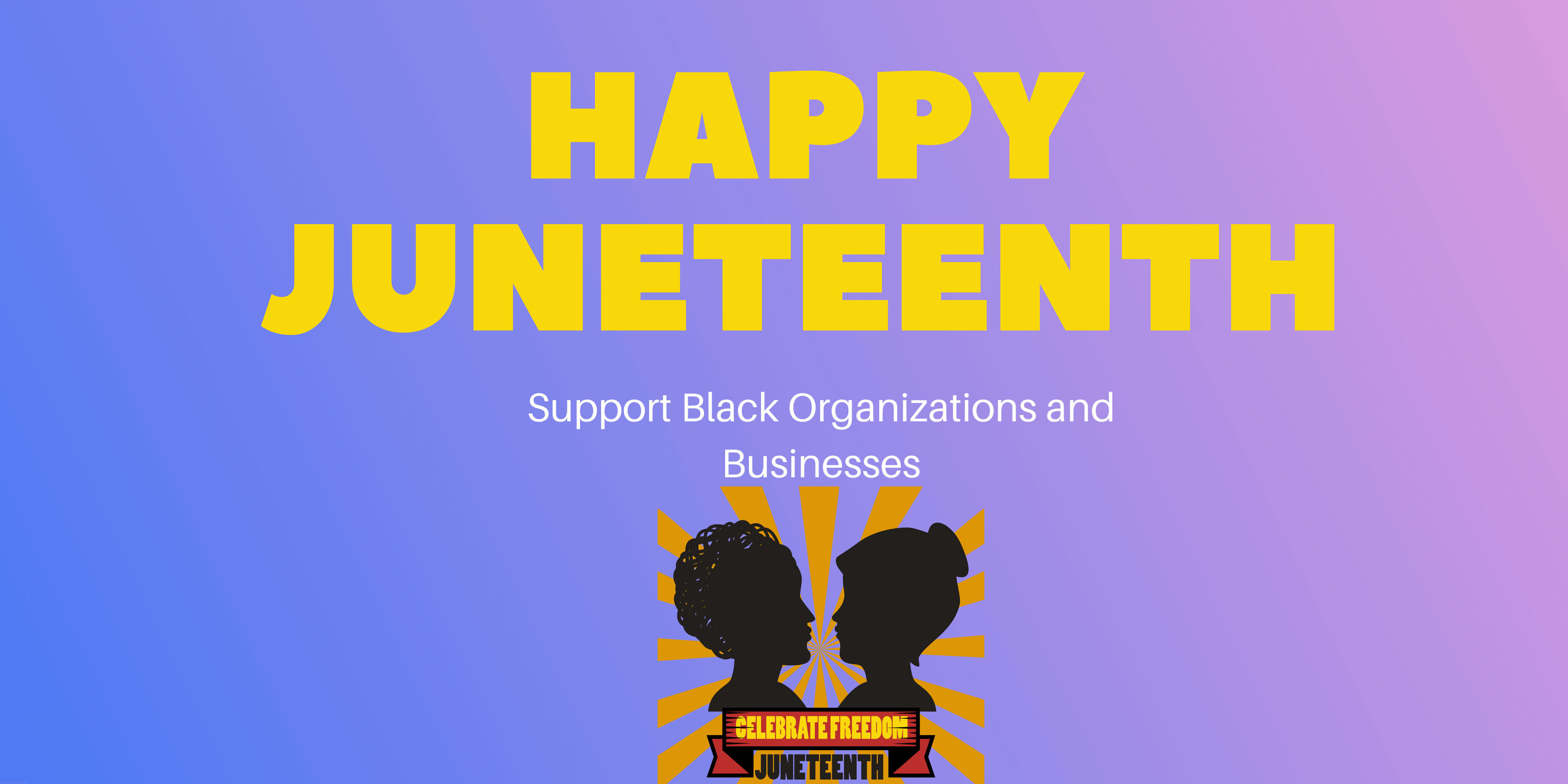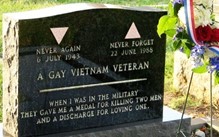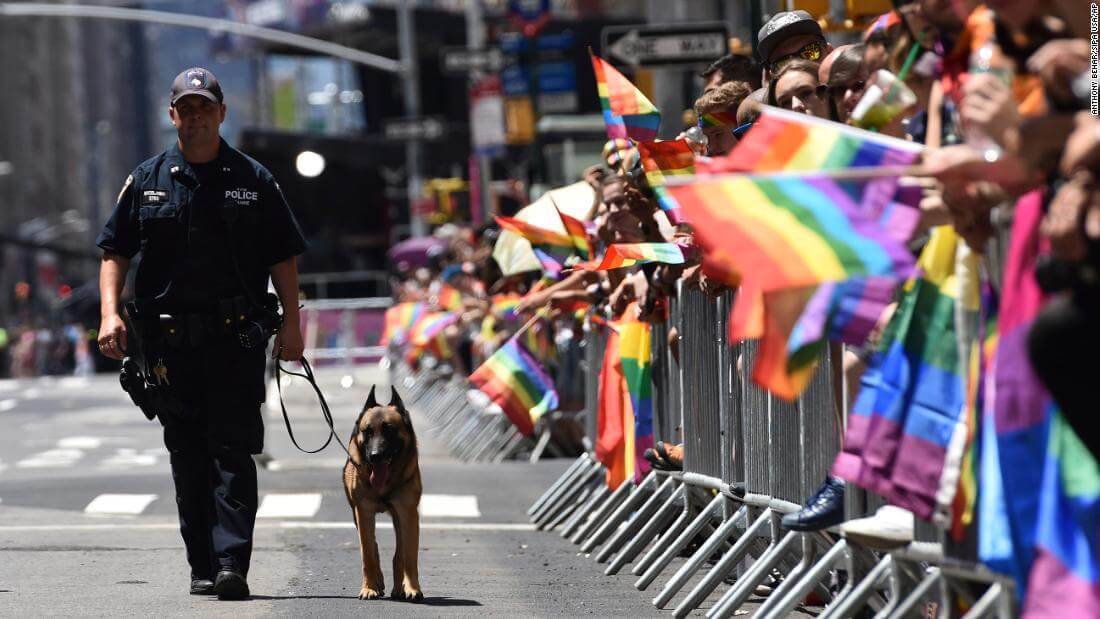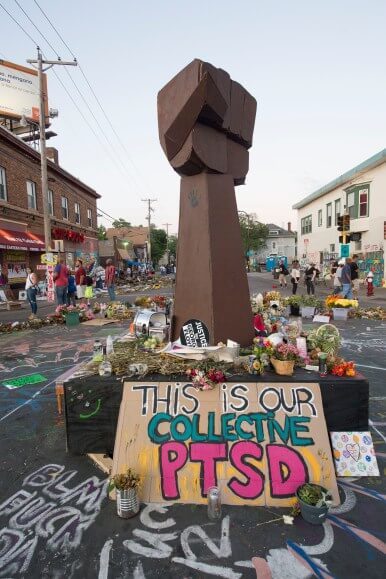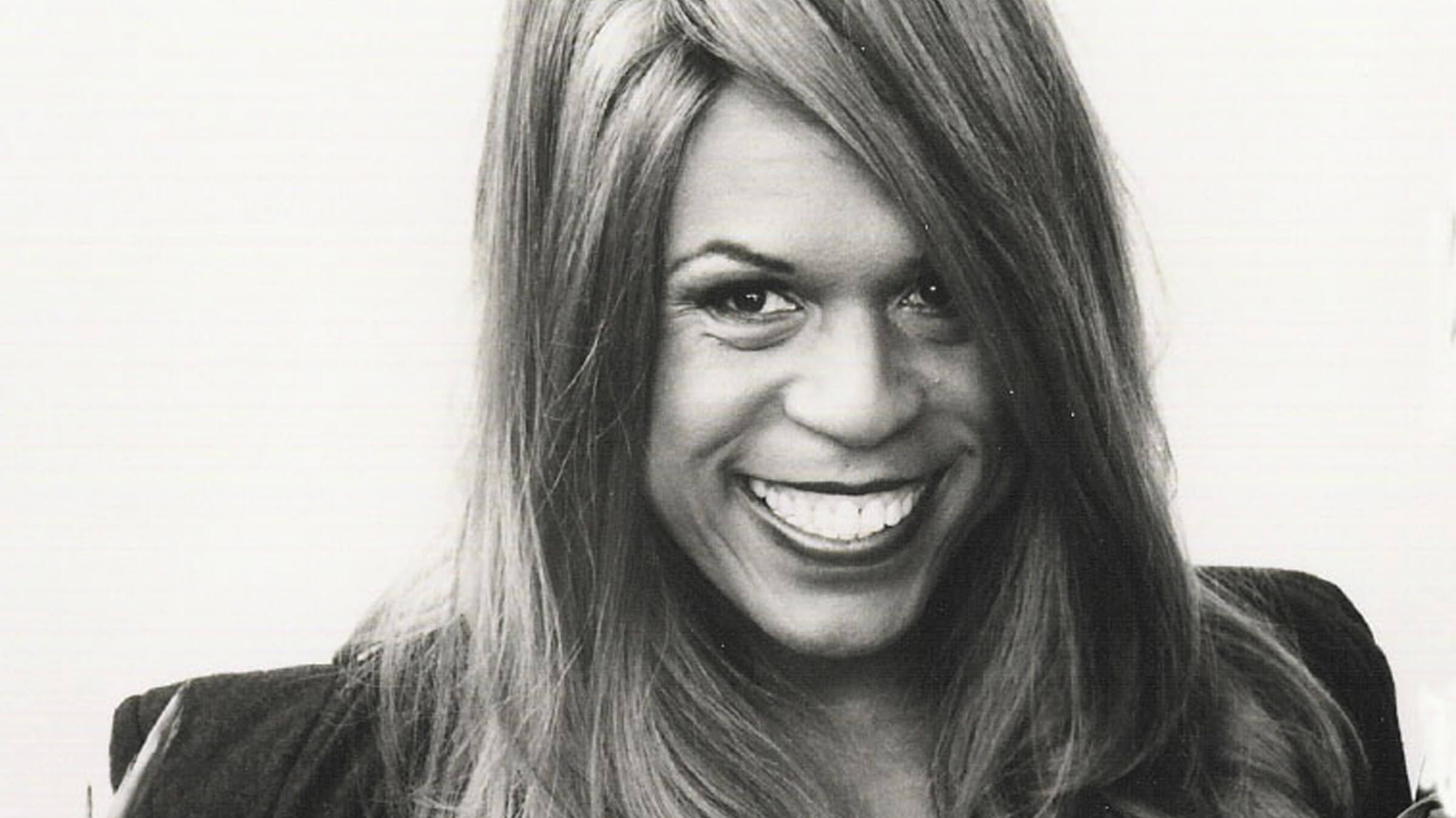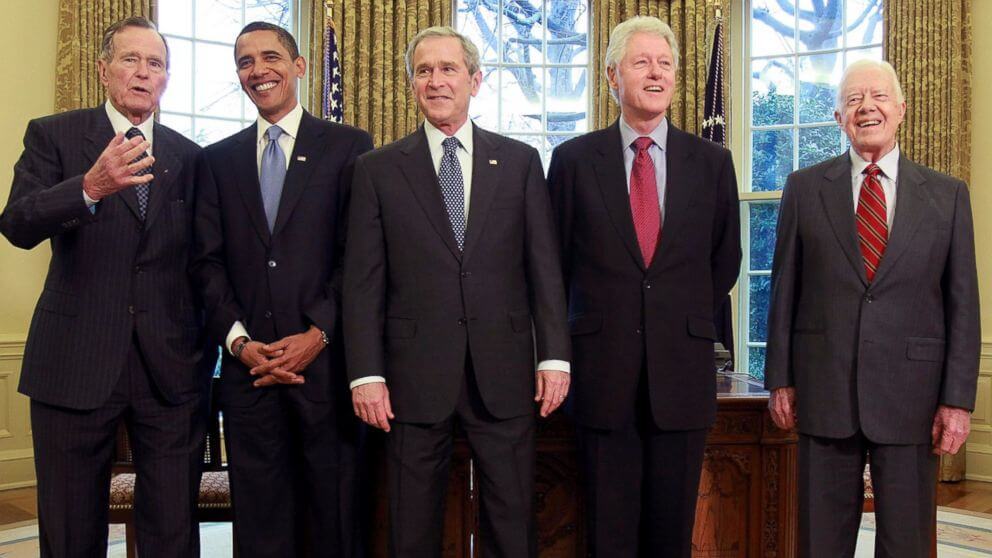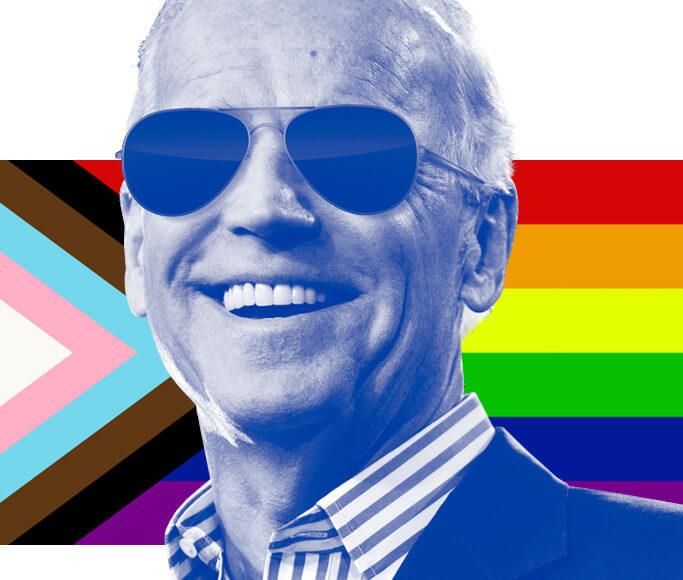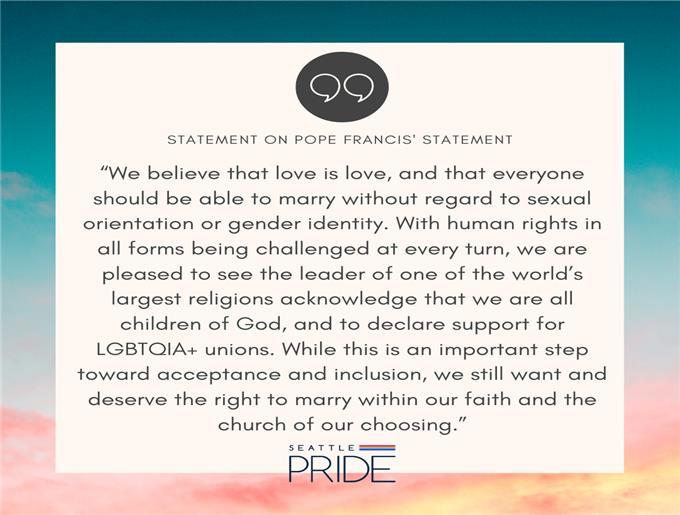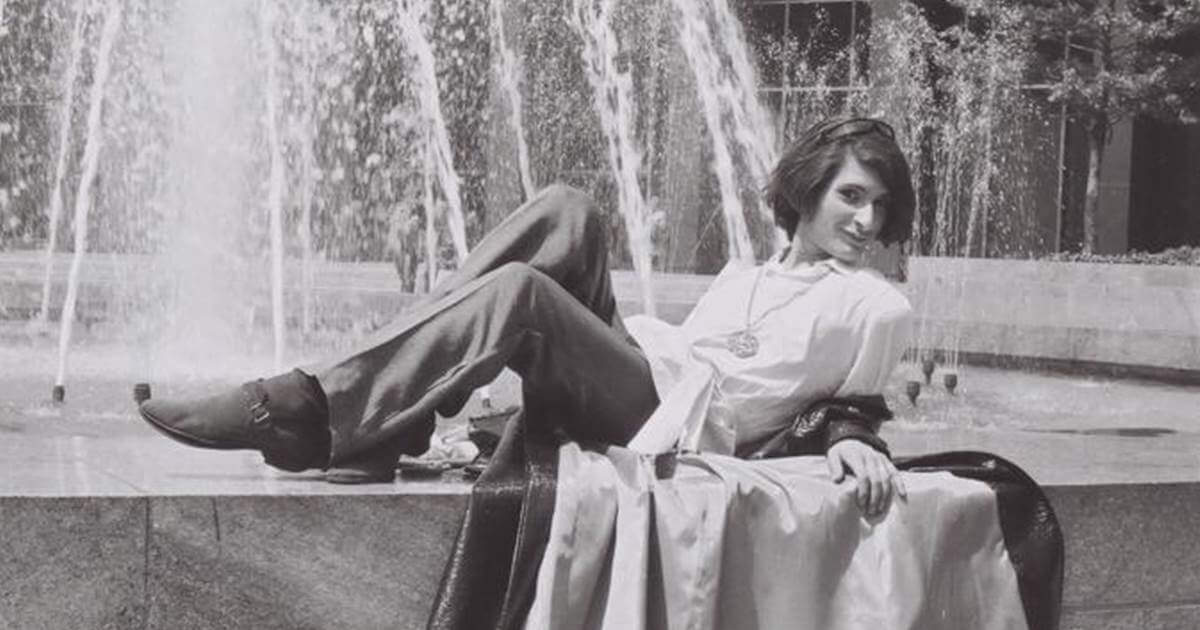
Spotlight No 1: Sylvia Rivera
Mar 01, 2021 | Seattle Pride
Sylvia Rivera (1951-2002), trans and queer rights activist
Born in New York City to a Puerto Rican and Venezeulan family, Sylvia is most known as one of the inciters of the Stonewall Riots in New York City. Sylvia was a tireless advocate for the trans and queer community members who have been marginalized within what was once known as the the “gay rights” movement.
Rivera was born in 1951 into a male body, to an absent father and a mother who died by suicide when she was just 3. Raised by her grandmother, she began experimenting with gender by trying on her clothes and experimenting with her make-up, but was severely punished for doing so. Rejected by her family and peers because of her identity, she started living on the streets and hustling to survive by age 11. Forming a chosen family of drag queens and activists, Rivera soon became involved in Puerto Rican and African American youth activism, and eventually with the Young Lords and the Black Panthers. In these years Rivera crossed paths with fellow trans activist Marsha P. Johnson, beginning a lifelong friendship.
In her teens and 20s, Rivera fought for trans and queer inclusion as a founding member of both the Gay Liberation Front and the Gay Activists Alliance. In doing so, Sylvia crusaded against the exclusion of transgender people from the Sexual Orientation Non-Discrimination Act in New York, and was a loud and persistent voice for the rights of people of color and low-income LGBTQIA+ community members.
Along with Johnson, she also helped found Street Transvestite Action Revolutionaries (STAR), which established one of the first shelters for non-gender-conforming youth. Giving back to her community when no one else would, Sylvia’s said:
“Marsha and I fought for the liberation of our people. We did a lot back then. We did sleep in the streets. Marsha and I had a building on 2nd Street, which we called STAR House. When we asked the community to help us, there was nobody to help us.”
Rivera was also a creative soul, having her own drag persona and joining a drag troupe called Hot Peaches. In 1975, her efforts were immortalised in Warhol’s 1975 polaroids portfolio, Ladies and Gentlemen, which included screen-prints of drag queens and trans folks at the Gilded Grape nightclub for the series.
While some assert Rivera was not physically present at the Stonewall Riots on and after June 28th, 1969, her activism was present in a group of activists who were tired of the homophobic treatment by the police and community at large. In 1969, it was still legal to discriminate and criminalize members of the LGBTQIA+ community, and protesters fought back, adding traction to the LGBTQIA+ right movement and Pride Celebrations around the world.
Following Stonewall, Rivera occupied a contentious space within the fight for ‘gay assimilation’, initially being disinvited from the NYC Christopher Street Liberation Day celebration in 1973 due to her femme appearance and her advocacy for low-income trans folks of color and others involved in the criminal justice system. Taking the stage to audience jeers, she said, “if it wasn’t for the drag queen, there would be no gay liberation movement. We’re the front-liners.” Later reflecting on the mainstream ‘gay rights’ activst backlash against her overt queerness “when things started getting more mainstream, it was like, ‘we don’t need you no more.’
Rivera struggled with mental illness and substance use, arguably exacerbated by the ostracism coming from members of the mainstream ‘gay rights’ movement. This led to her experiencing homelessness and withdrawing from activism for many years. By 2001, however, she was once again marching in Pride parades, and living in Transy House, a New York collective that provided shelter for transgender and gender non-conforming folks.
Today, decades after Rivera was fighting for trans and queer incusion when no one else would, recognition is finally growing for her invaluable contributions to the LGBTQIA+ movement. Once booed at Pride events, Rivera will soon have a monument erected in her honor in NYC.
Today Rivera’s work is memorialized by the Sylvia Rivera Law Project (SRLP), which engages in policy work and provides trainings and free legal services for transgender, intersex, and gender non-conforming low-income people of color.
Sadly, Rivera died on February 19, 2002 from complications due to liver cancer before she saw the recognition she deserves. May she rest in power.

